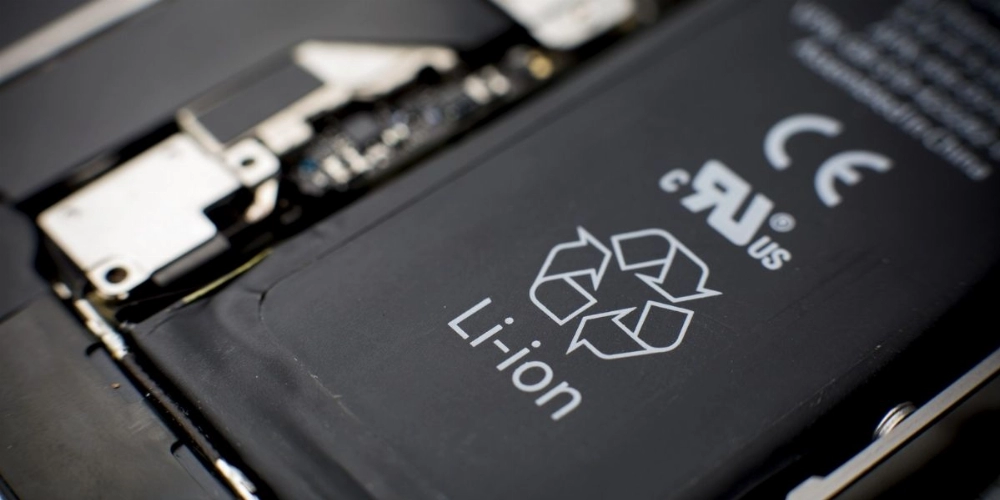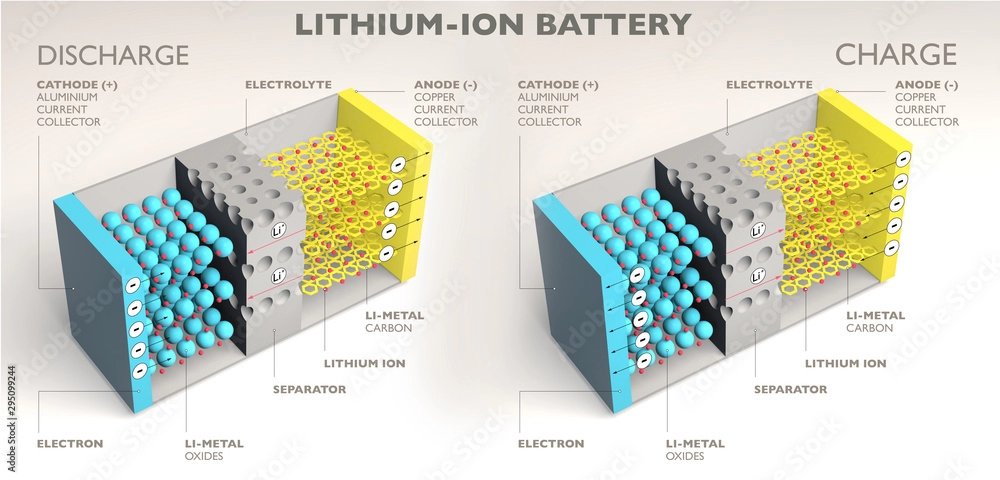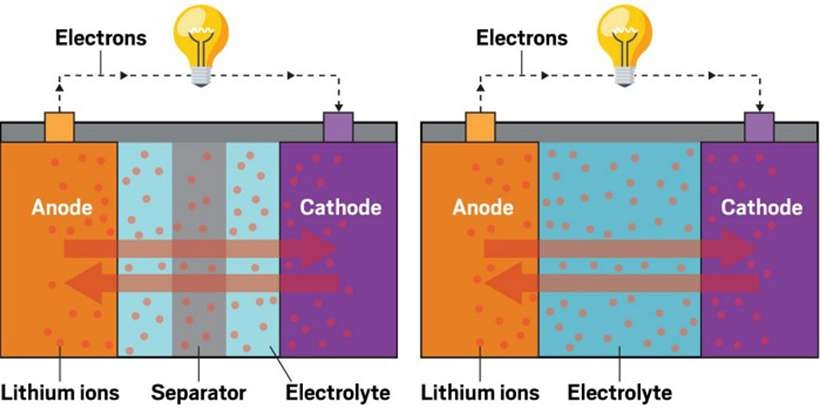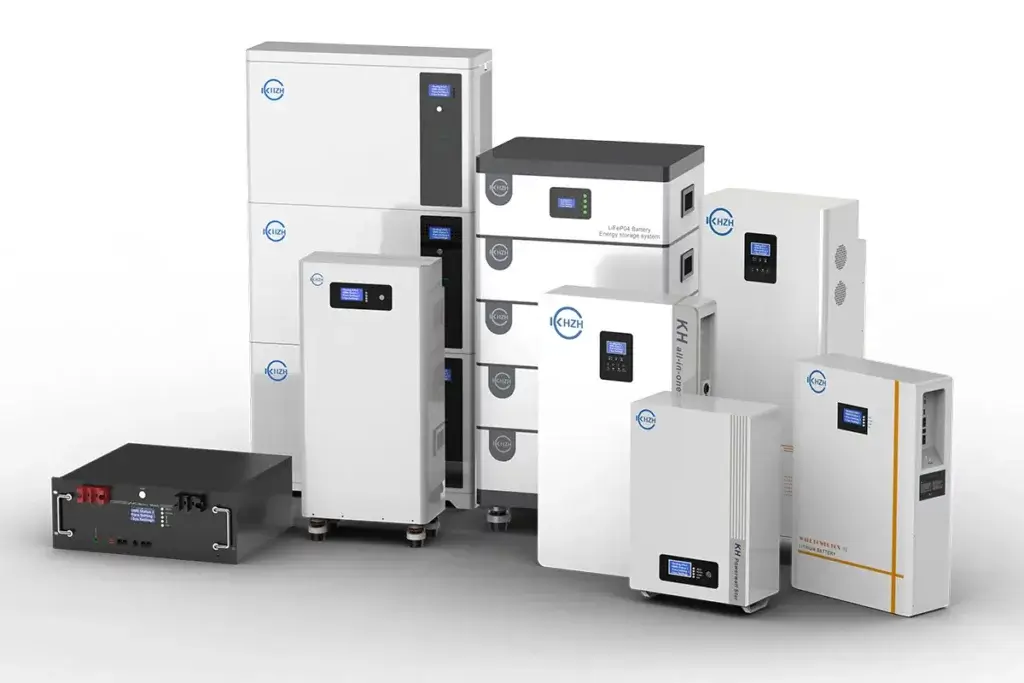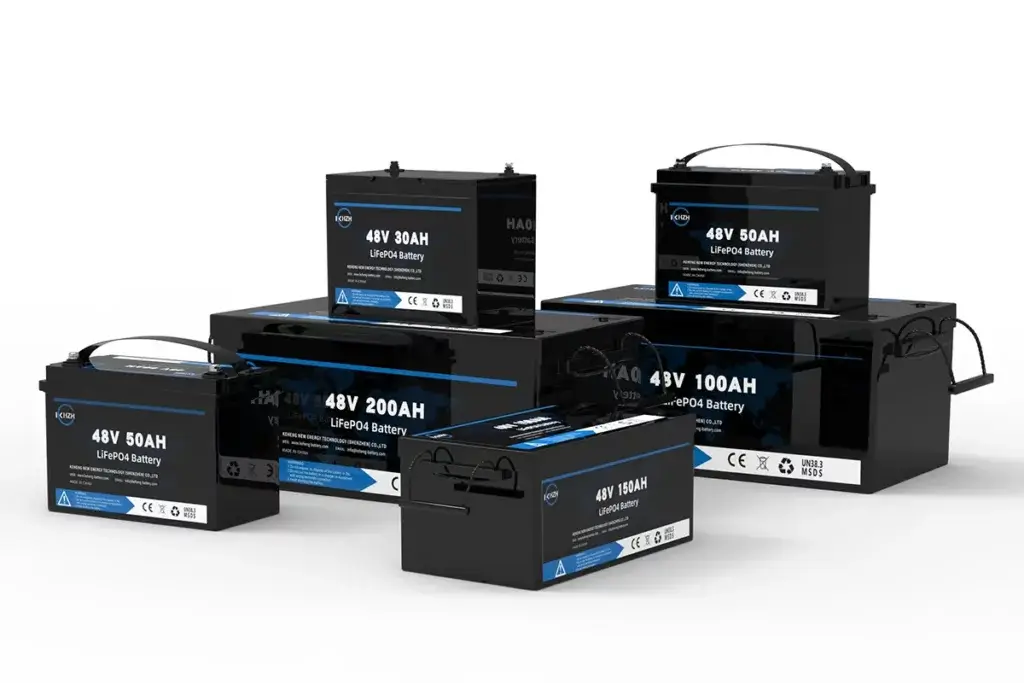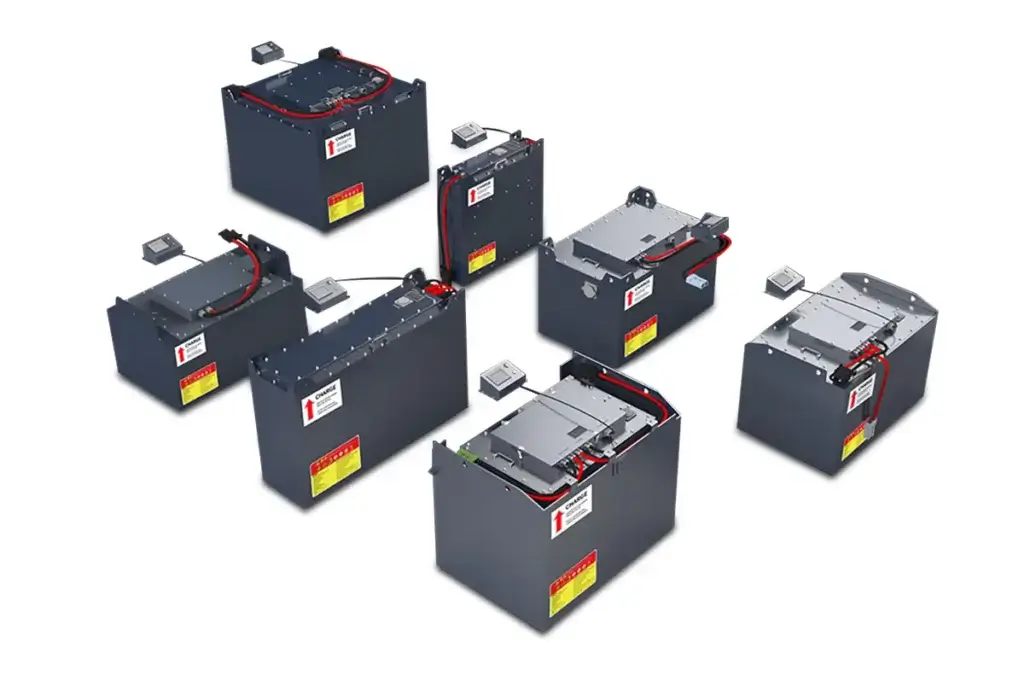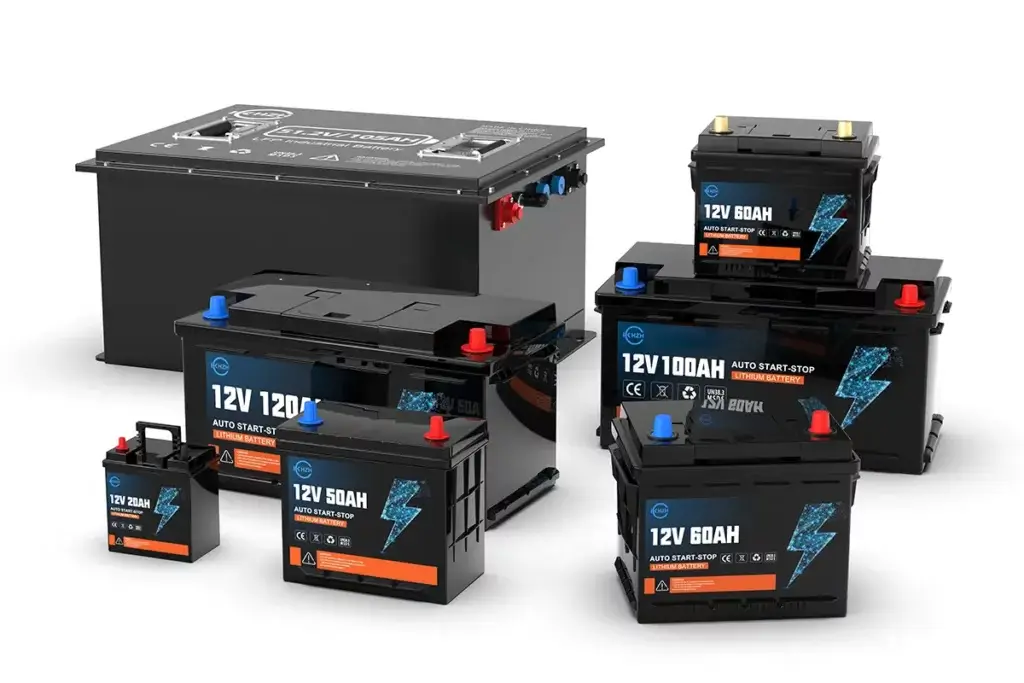Lithium-ion vs. Lithium Polymer Batteries: Key Differences and Advantages
When comparing Lithium-ion (Li-ion) and Lithium Polymer (LiPo) batteries, it’s important to understand their distinct characteristics, which affect the battery’s performance and suitability in various applications. While Lithium-ion batteries have been the industry standard for years, Lithium Polymer batteries offer unique advantages, particularly in design flexibility and energy density.
Part 1: Understanding Lithium Batteries
Lithium-ion Batteries
Lithium-ion batteries are a popular choice for many applications.
# Part 6: Differences Between Lithium Polymer (LiPo) and Lithium-ion (Li-ion) Batteries
1. Battery Composition
- Lithium-ion batteries typically use a liquid electrolyte.
- Lithium Polymer (LiPo) batteries, on the other hand, use a gelled or solid electrolyte.
Unlike lithium-ion batteries, which have a rigid structure, LiPo batteries use a polymer electrolyte, providing greater flexibility in shape and design.
2. Battery Construction
- Lithium-ion batteries consist of distinct compartments for the anode, cathode, and electrolyte, all encased in a rigid shell.
- Lithium Polymer batteries have flexible packaging, allowing them to be molded into various shapes and making them more adaptable to different devices. This flexibility is a key advantage for achieving compact and customizable device designs.
3. Battery Energy Density
- Lithium Polymer batteries are known for offering higher energy densities compared to traditional lithium-ion batteries. This means more energy can be packed into a smaller and lighter package.
- The flexibility of LiPo batteries contributes to their higher energy density because their diverse form factor designs enable higher packaging efficiency.
4. Battery Safety and Durability
- Lithium Polymer batteries are less prone to leakage, making them safer in applications where liquid electrolyte leakage could pose a hazard.
- Lithium-ion batteries are generally more robust and durable; their rigid construction provides greater resistance to physical damage.
5. Battery Charging Requirements
- Lithium Polymer batteries require specialized chargers due to their sensitivity to overcharging and their strict voltage parameters.
- Lithium-ion batteries have a wider range of charger compatibility, offering more flexibility in charging options.
6. Battery Applications
- Lithium-ion batteries are widely used in a multitude of electronic devices. They power everything from laptops and smartphones to electric vehicles, making them an essential part of everyday technology.
- Lithium Polymer batteries are ideal for smaller, more compact devices. Their flexible design makes them well-suited for sleek and modern devices, such as wearables, allowing them to conform to the device’s slim design and provide power. Drones also benefit from the lightweight and highly adaptable nature of LiPo batteries, which allows for longer flight times.
### Battery Life Expectancy and Charging Cycles
A typical battery can be charged 300 to 500 times before experiencing significant capacity loss. However, actual lifespan is affected by factors such as usage habits and proper maintenance.
Related Articles
How to Safely Clean Corrosion from Leaked Batteries: A Step-by-Step Guide
This comprehensive guide explains the risks, safety precautions, and proper methods for cleaning battery terminals corroded by leaks.
Portable Battery Charger vs. Power Bank: What’s the Difference?
A portable battery charger refers to any device that allows you to charge your devices on the go, often requiring a direct power source. In contrast, a power bank stores energy internally and can charge devices without being plugged into a power source.
